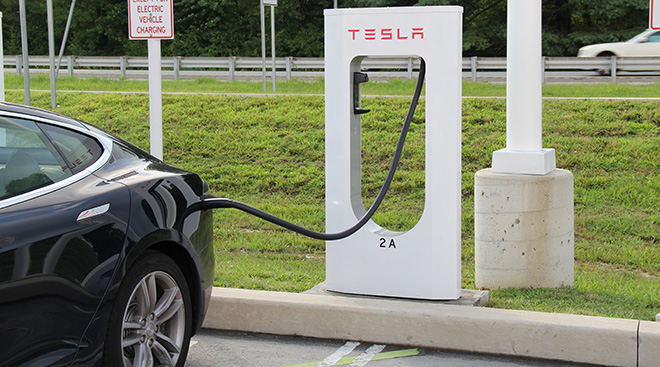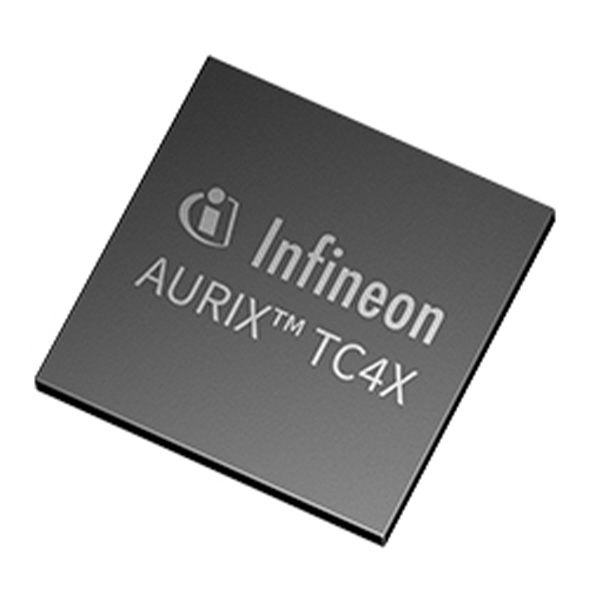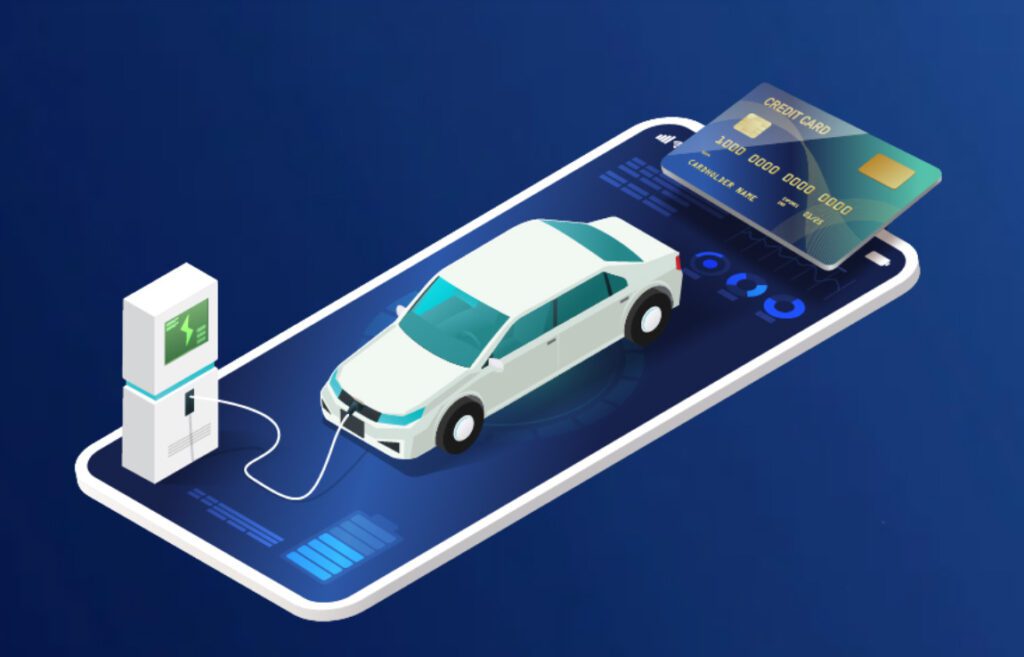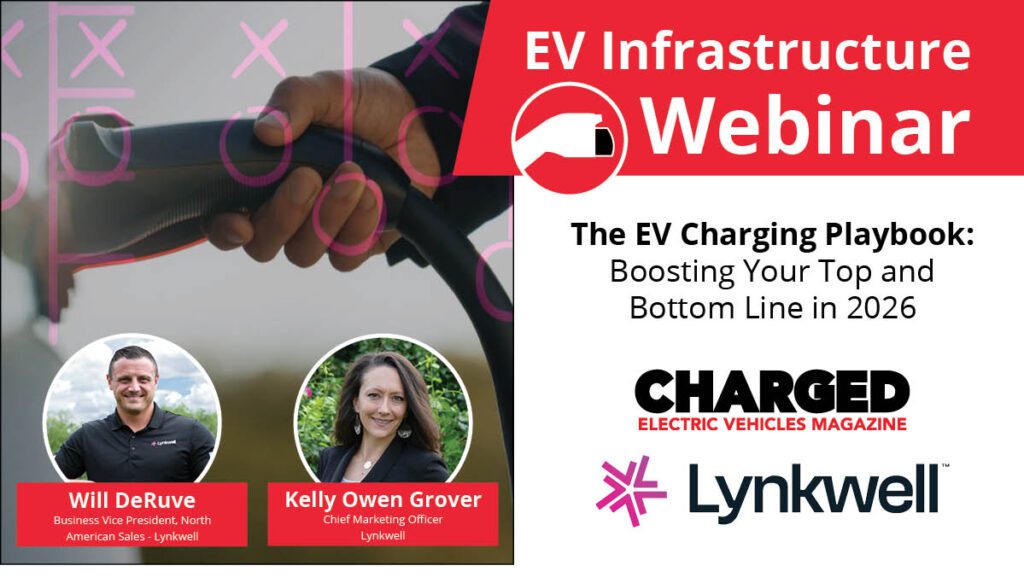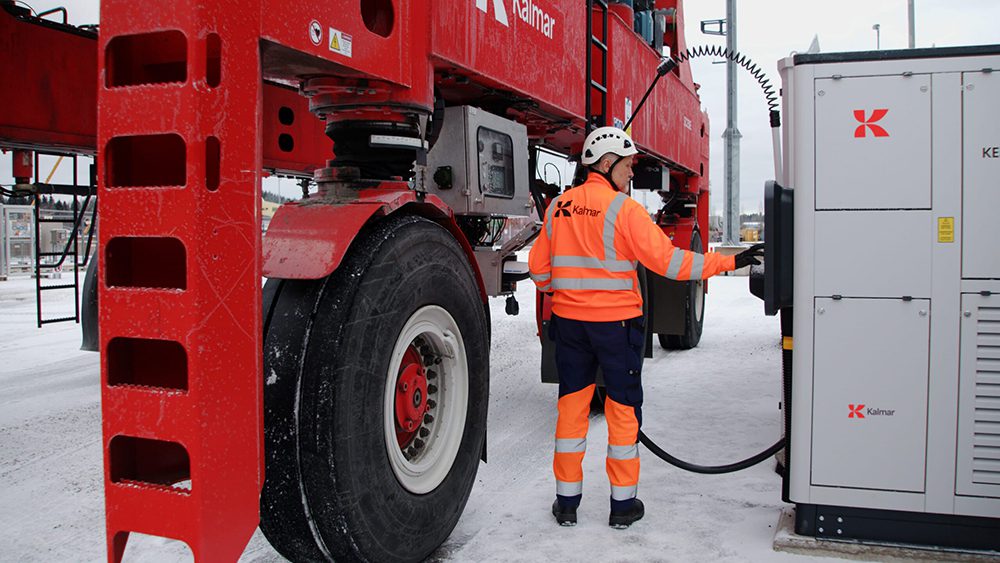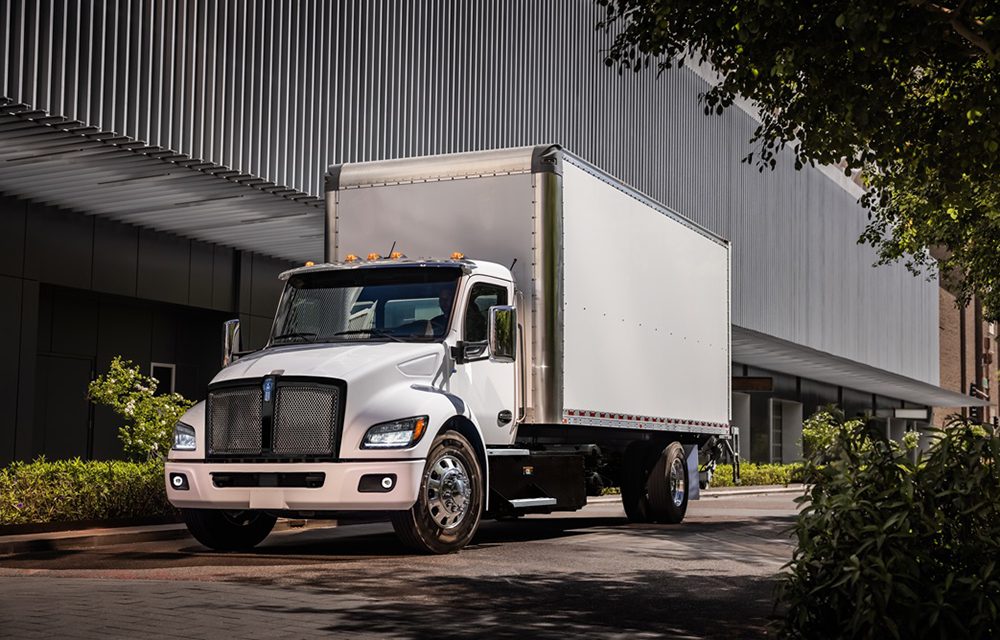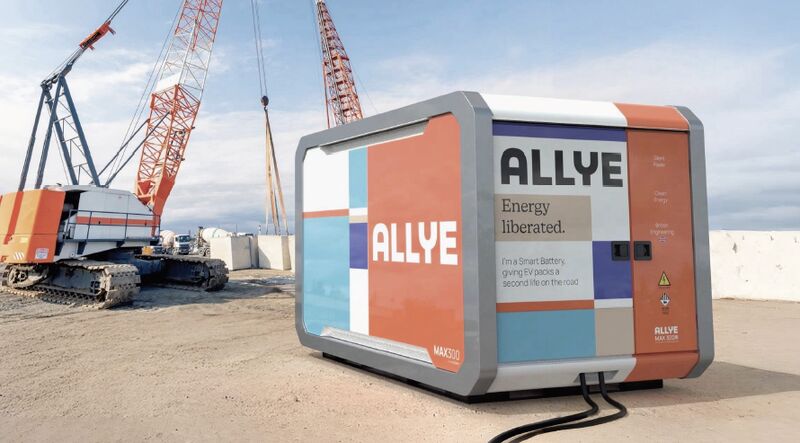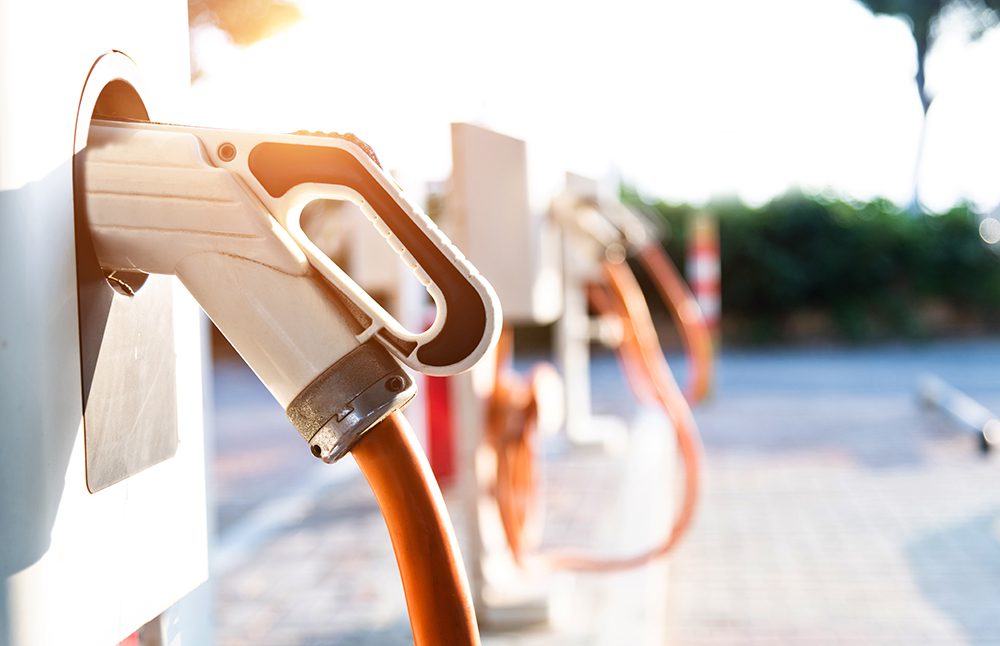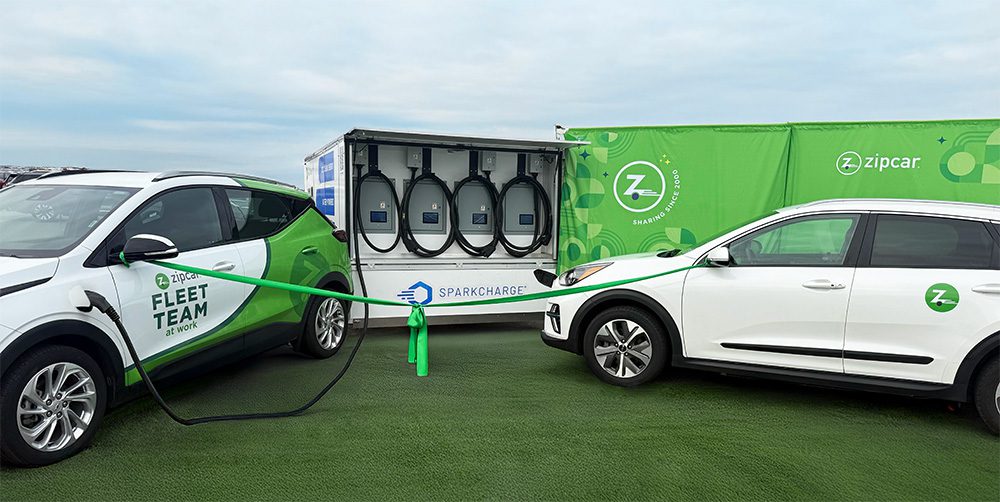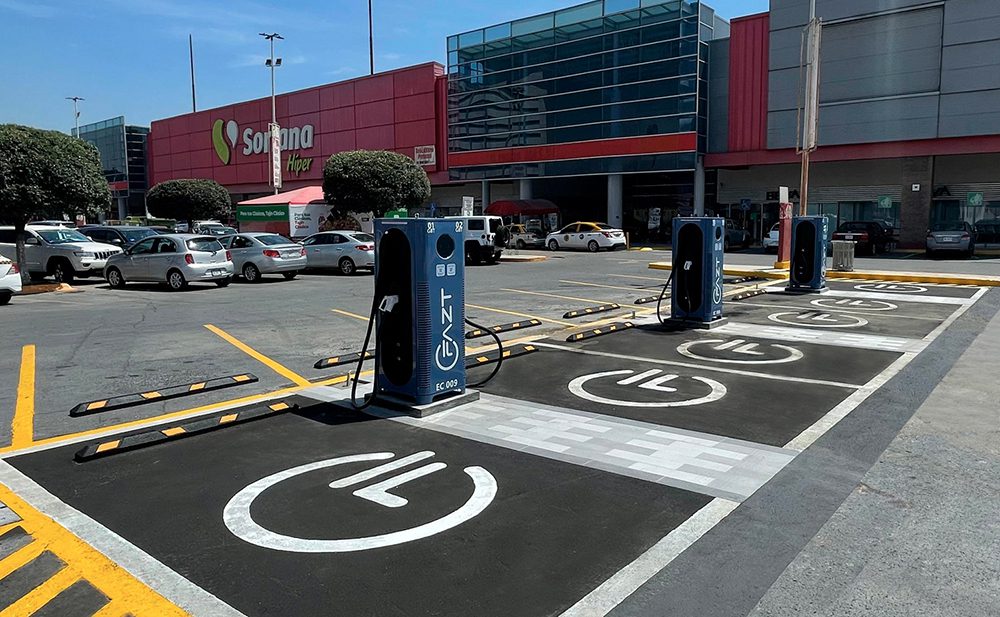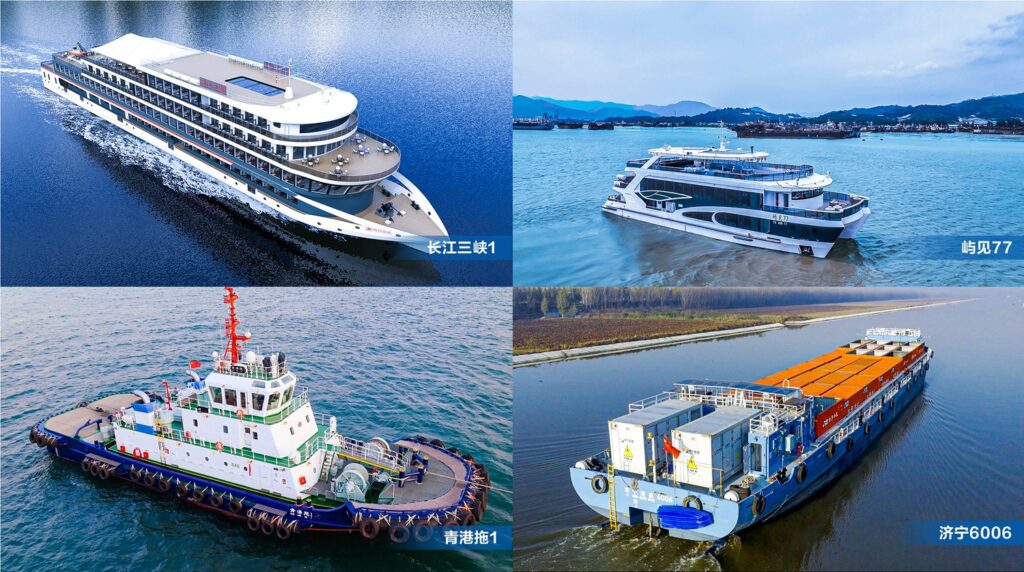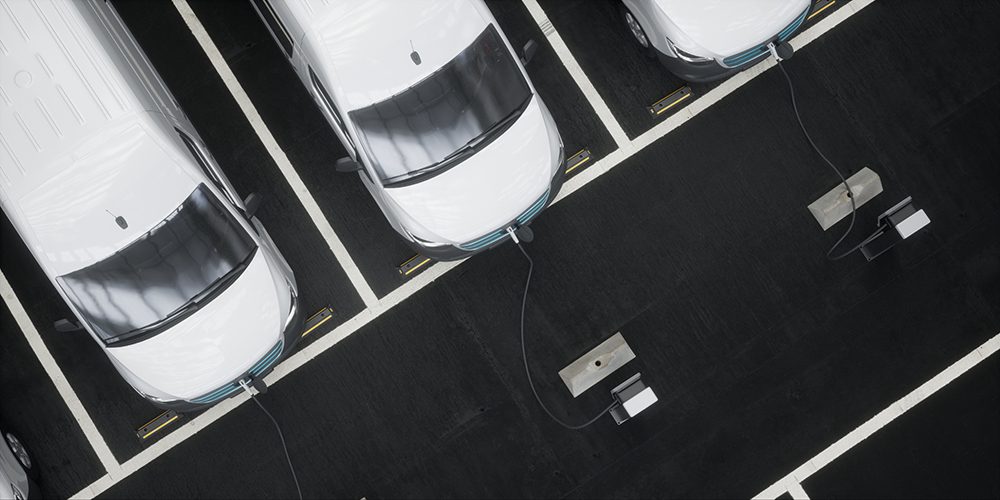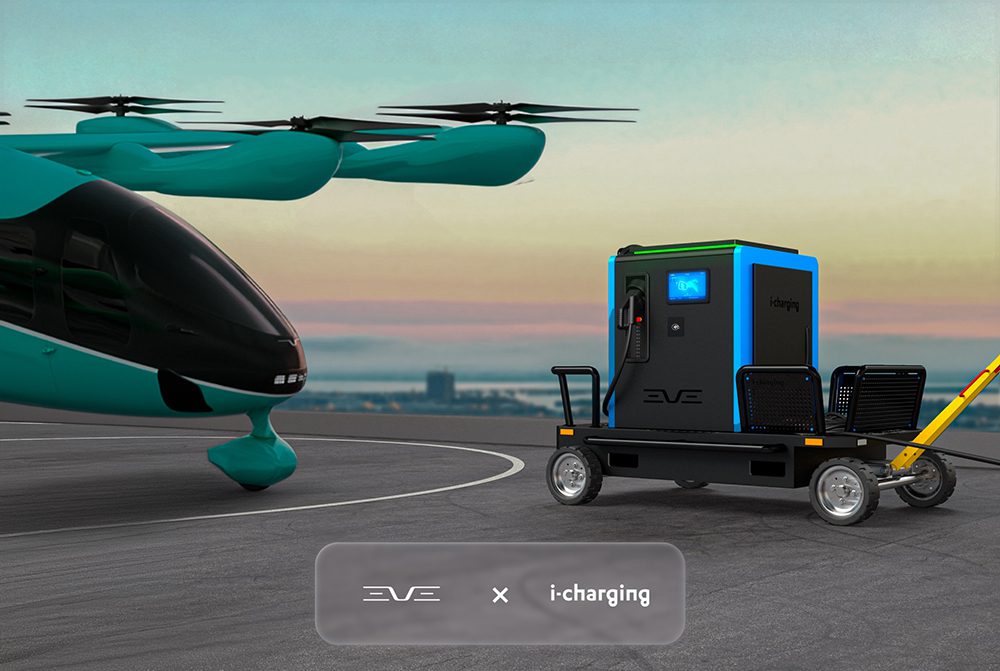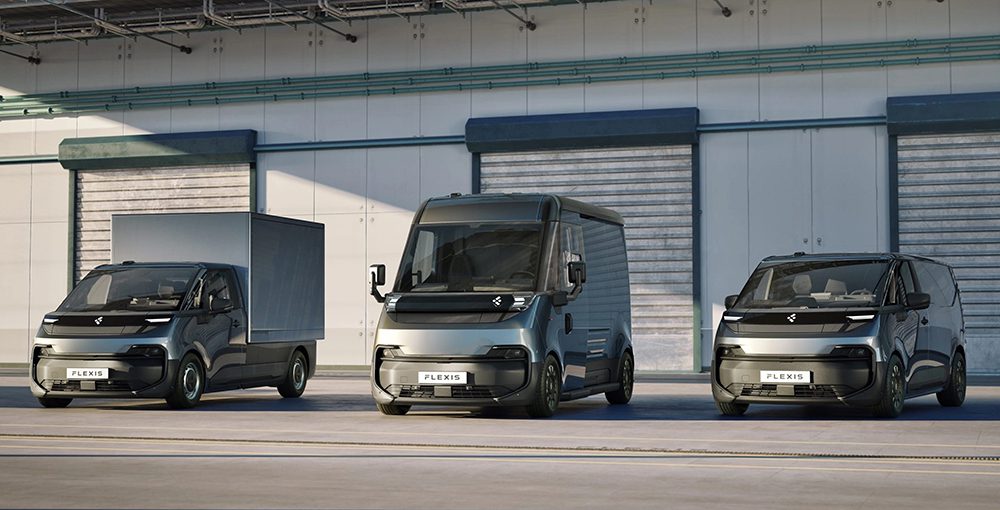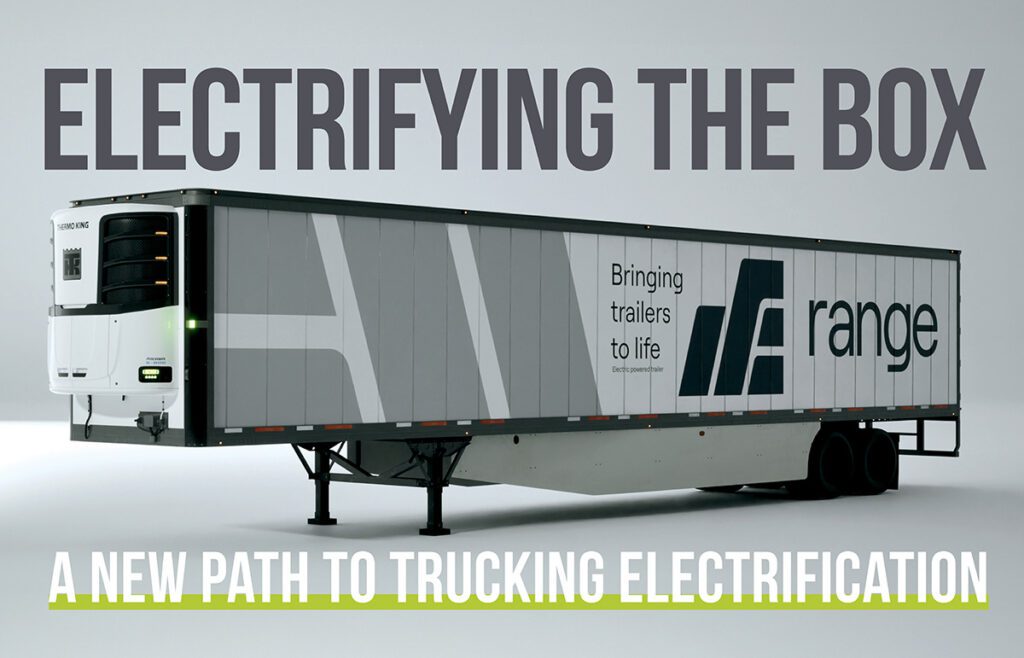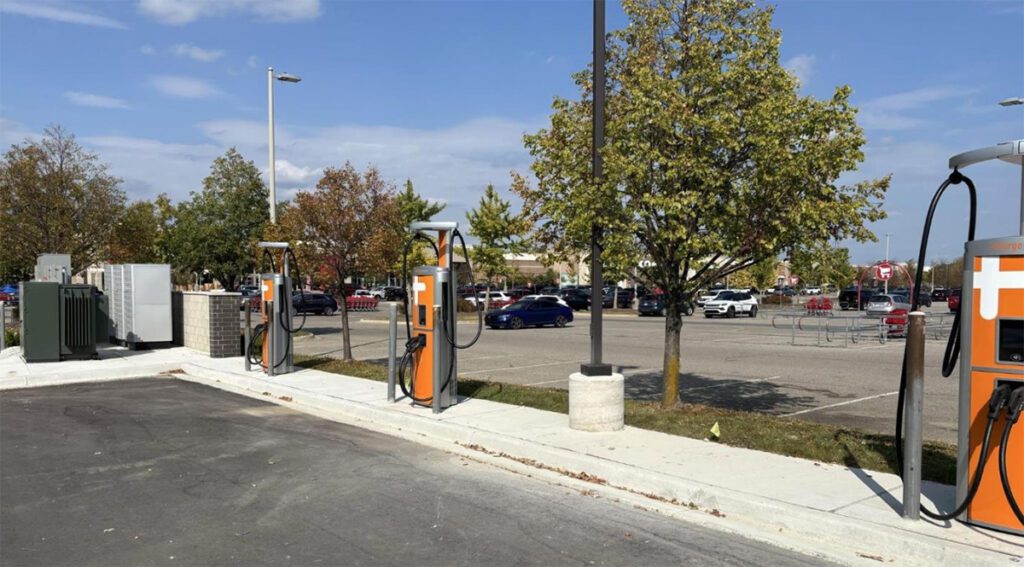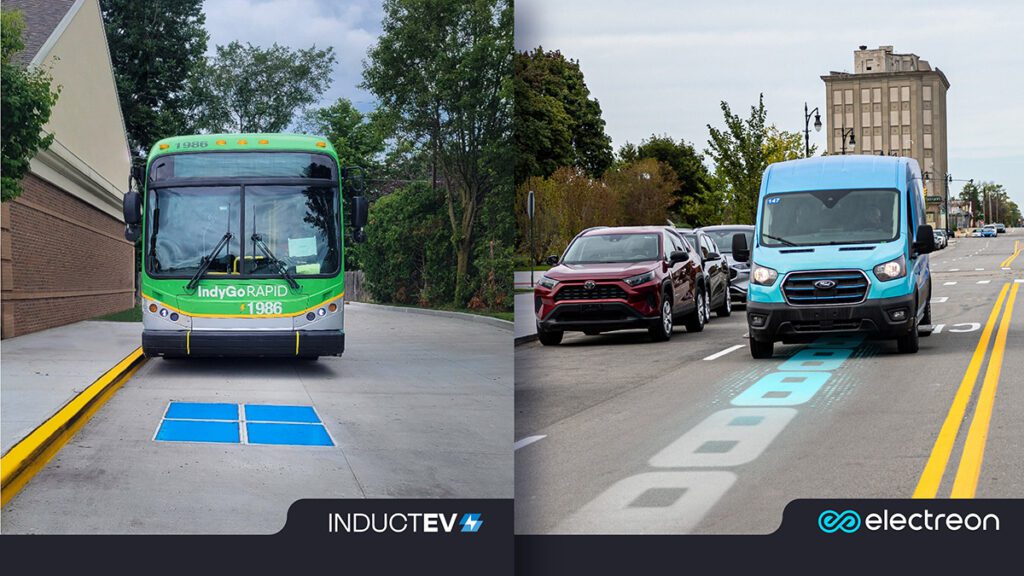Once again, Tesla has come up with an innovation that could be far more significant than is apparent at first glance. Speaking at the latest shareholders’ meeting, Elon Musk said that Tesla has “just introduced” a liquid-cooled cable to the Supercharger system (around 24 minutes into the video below). Liquid cooling allows the cable to be thinner and more flexible while carrying the same amount of current.
The first working model is at the Mountain View Supercharger location.
Okay, it’s easy to see that recharging your car with a thin and supple cord is more convenient than having to wrestle with a big stiff snake of a cable, but what’s the big deal?
The possibility of a big deal is implied by Musk’s next remark: “It also has the potential for increased power of the Supercharger long-term.”
The two main drawbacks of current EVs are limited range and long charging times. Even DC fast chargers can take up to half an hour to deliver a full charge. While the range issue is slowly but surely receding, some believe that there may be an unavoidable limit to how quickly a battery can be charged.
New Supercharger in Mountain View uses liquid cooled cables that are smaller and lighter than destination chargers! pic.twitter.com/wHljMswp2b
— Jack Bowers (@JackBowers) June 9, 2015
Tesla’s Superchargers are already some of the highest-power chargers out there. Most operate at 120 kW, and some can go as high as 135 kW (although some early Model S systems can’t handle this power level). Tesla being Tesla, it’s widely assumed that there are plans to push this level even higher.
However, at some point the quest for faster charging could run up against the laws of physics. There’s only so much power you can push through a conductor of a given diameter before the cable heats up and melts. Could actively cooling the cable allow substantially higher power levels, and how much faster might that let us charge our EVs? It will be interesting to find out.
Tesla Motors: Liquid Cooled Supercharger with Thermal Imagery video added 6/20/15.
Source: Tesla
Image: Jeff Cooper (CC BY 2.0)



